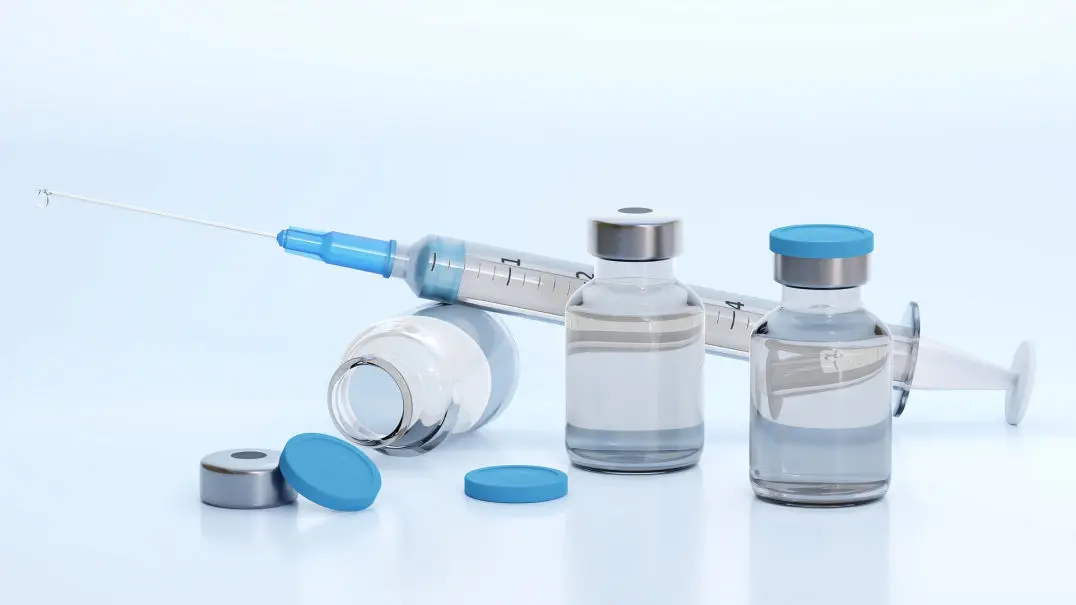Travel Clinic in Glasgow
VACCINES & IMMUNISATIONSVaccinations, Antimalarials and Travel Health Advice

GP Matters always recommend that you contact us at least 8 weeks before travel. Don’t worry if you do not have 8 weeks as our team will do their very best to fit in your travel jabs before you depart even if it is last minute.
GP Matters is more than just a vaccination clinic, a proper risk assessment takes into account all endemic diseases at your destination. It’s only once we have considered:
Your medical history
When you’re travelling
Where you’re travelling
What you will be doing
Previous vaccine history
Then our expert team can prepare a personalised plan, and discuss your individual travel health requirements with you.
Find out which vaccines you need
GP Matters have a long history of travel vaccination looking after travellers for the last 15 years, and it’s great to see the same travellers return time and time again.
- Competitive Prices
- Wide range of available vaccines
- Experienced and Friendly Staff
- Professional Service
- Book your appointment online
Do you know that you may need travel vaccines to work abroad?
We offer corporate accounts for companies who have employees who work or travel abroad.
We offer a full range of travel vaccines administered by our travel health practitioners, who will provide a full and comprehensive risk assessment.
To book your appointment simply give us a call on 0141 7373 289 or send us an email and a member of the team will be able to schedule you an appointment.
We provide services for the entire family including children. Please note that children under 16 must be accompanied by a parent or legal guardian so we can gain consent to administer vaccines or medicines that may be necessary.